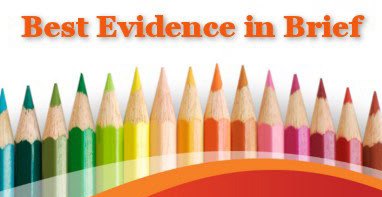A recent meta-analysis, published in the International Journal of Educational Research, examined the effects of cultural capital on student reading performance. Applying six inclusion criteria—namely, type of cultural capital, school level, data source, publication type, publication year, and region—the meta-analysis aimed to assess the effects of various cultural capitals: “overall cultural capital,” “embodied cultural capital” (encompassing family wealth and expectations), “objectified cultural capital” (pertaining to ownership opportunities), and “institutionalized cultural capital” (linked to opportunities for education and subsequent employment).
The authors identified 37 studies, yielding an overall significant effect of cultural capital on reading performance (ES = +0.25). Each type of cultural capital yielded similar results, with institutional (+0.23) and embodied (+0.24) cultural capitals exhibiting significantly higher effects compared to objectified cultural capital (+0.18). Regarding school level, primary (+0.23) and secondary (+0.23) students showed significantly higher effects than kindergarten students (+0.17). For the publication year, the post hoc test showed that the r+ of studies published in 1981–2000 (+0.31) and 2001–2010 (+0.23) were significantly higher than those published in 2011–2020 (+0.19). The r+ of samples from Europe (+0.21), North America (+0.20), South America (+0.33), and mixed regions (+0.26) were significantly higher than those from Asia (+0.09). Additionally, it was found that mother’s education (+0.24) had a greater influence than father’s (+0.17). Furthermore, a post hoc analysis revealed that studies published in 1981–2000 (+0.31) and 2001–2010 (+0.23) had significantly higher effects than those published in 2011–2020 (+0.19). Additionally, samples from Europe (+0.21), North America (+0.20), South America (+0.33), and mixed regions (+0.26) exhibited significantly higher effects compared to those from Asia (+0.09). Furthermore, it was observed that mother’s education (+0.24) had a greater influence on reading performance than father’s education (+0.17).
These findings offer a nuanced understanding of the relationship between cultural capital and reading performance.

